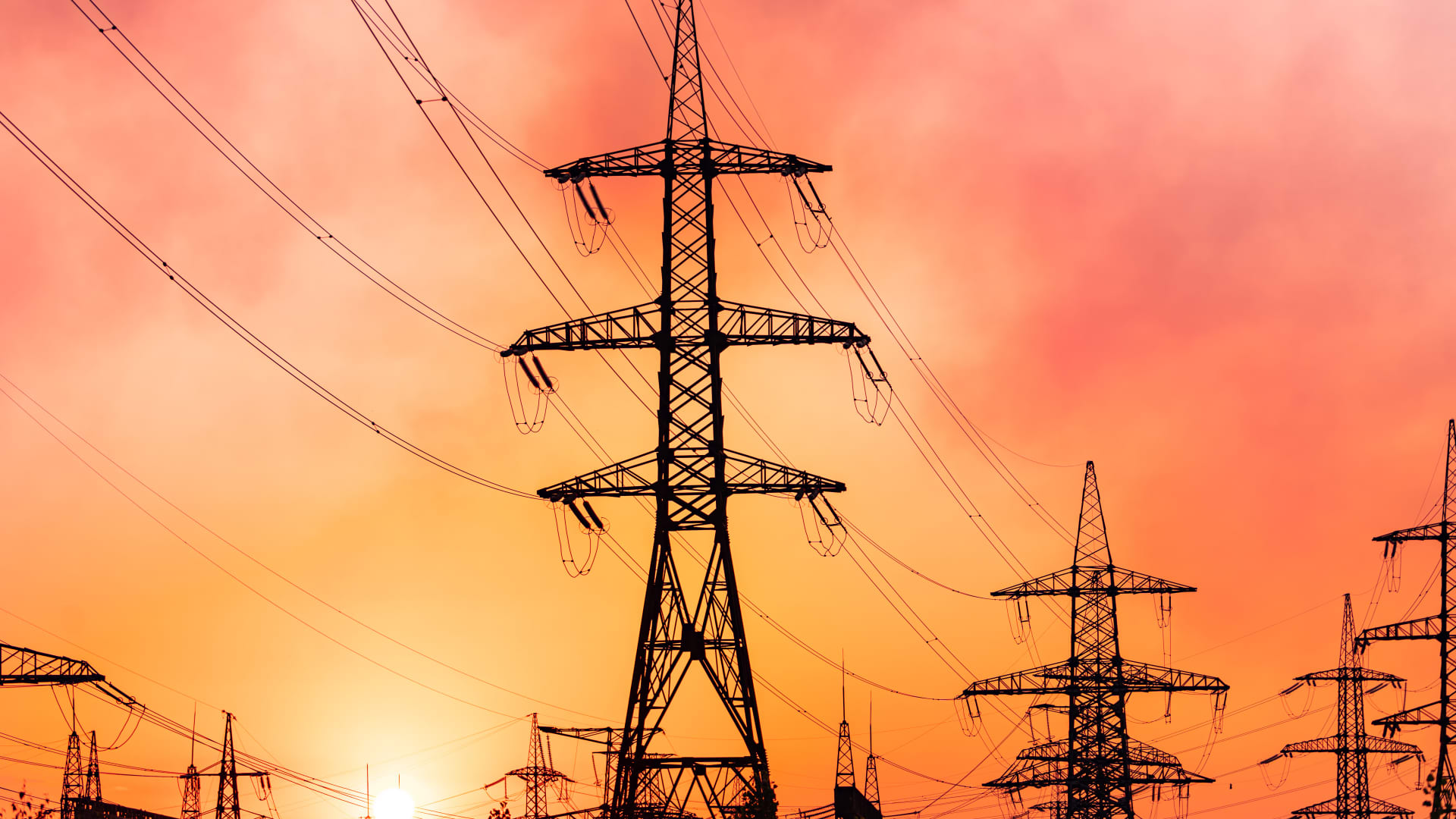Over 50% of new cars sold in the U.S. by 2030 are expected to be electric vehicles, which could strain the country’s electric grid, designed for fossil fuel use. According to an analysis by the Rapid Energy Policy Evaluation and Analysis Toolkit (REPEAT) at Princeton University, domestic electricity demand is projected to increase up to 18% by 2030 and 38% by 2035. This is a significant change compared to the 5% increase seen in the past decade. The transportation sector is driving this increase, with light-duty vehicles projected to consume up to 3,360% more electricity by 2035. However, for electrification to effectively reduce carbon emissions, it must be accompanied by a significant expansion of renewable energy sources. This requires major changes to the electric grid, including more high-voltage transmission lines, smaller distribution lines, and hardware that allows customers with home batteries, electric vehicles, and solar panels to feed excess energy back into the grid. The transition to electric vehicles presents challenges for utilities like Pacific Gas & Electric (PG&E), which need grid infrastructure upgrades to support the increased demand. Adequate funding and streamlined permitting processes are crucial to meet electrification targets and prevent potential problems such as long queues for charging, limited charging availability, vulnerability to extreme weather events, and blackouts. Expanding high-voltage transmission lines and investing in renewable energy sources are key to meeting growing electricity demand. Additionally, distributed energy resources such as residential solar and battery systems, as well as bidirectional charging capabilities in electric vehicles, can help stabilize the grid and provide flexibility during the transition period. Emphasizing energy efficiency and optimizing charging times for large electric vehicle fleets can also contribute to managing increased demand on the grid.

The Potential Overload: How the EV Boom Might Overburden Our Power Grid
Denial of responsibility! Swift Telecast is an automatic aggregator of the all world’s media. In each content, the hyperlink to the primary source is specified. All trademarks belong to their rightful owners, all materials to their authors. If you are the owner of the content and do not want us to publish your materials, please contact us by email – swifttelecast.com. The content will be deleted within 24 hours.
